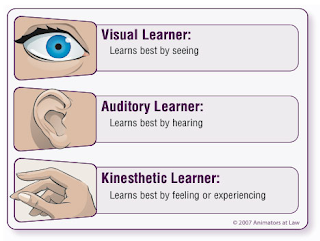Top 5 Tips
1. Good organisation is the key to being a successful student. Plan your tasks using a study timetable, daily planners and to-do lists.
2. Creating SMART goals (Specific, Measured, Achievable, Realistic, Timely) will propel you forward with purpose and show you the way to reach your desired results in the Leaving Certificate.
3. Identifying and breaking down common study blocks, such as practical problems with a part-time job or feelings of self-doubt and anxiety, can be the key to unlocking excellent results.
4. The five steps to quick and clever note-taking are to listen actively, select the relevant information, summarise it, organise it logically and ensure that it is easy to understand when revising.
5. Work out if you are an auditory, a visual or a tactile learner. Then use the appropriate memory techniques – idea mapping, flashcards, acronyms, acrostics and so on – to make sure you are not wasting study time. This will greatly improve your information recall come exam day.
Essential Items of Stationery for Studying and Also to bring to Exams
Pens

Note that we have written pens, not just pen. The last thing you want is to run out of ink during your study and have no other pens to hand. This will also break your flow and concentration. It’s worth getting yourself a pen you are familiar with too. It sounds slightly temperamental, but using a comfortable pen for hours on end can really make the difference .
Pencil
Classic wooden pencils are just fine for studying. You will usually need pencils during exams as you may want to change your mind on questions you may not be sure about. You should also ensure that they are all sharpened beforehand to avoid fiddling with sharpeners and pencil shavings during the exam.
You may also want to bring some colored pencils with you in case you need them, such as for geography exams. If you’re allowed to take notes in your exam, colours are a fantastic way of memory association too.
Eraser
Bringing in an eraser is always a good idea in case you need to make any changes to your answers, especially in multiple choice exams and exams that require additional workings (like maths and physics). Be sure to take any wrapping off beforehand
Small Sharpener
Buy a good quality sharpener, such as a metal one. These are cheap, easy to find and you won’t have to worry about them breaking like with plastic ones.
Ruler
Many exams will require the use a ruler, such as maths, physics and geography. Choose a sturdy or bendy ruler that won’t run the risk of snapping.
Highlighters can come in handy, especially in highlighting important notes and in English exams where you may need to read long pieces of text. You can highlight anything you feel will be relevant when answering the questions at the end.
You will usually be asked to bring in a geometry set with you if you are taking a maths or physics exam. This includes a compass and protractor, so be sure you have them with you.
Usually, a scientific calculator will be sufficient.
Finally, you should bring a bottle of water with you to the exam.
Now that you have all of your essential stationary items for your exams, you should be ready to give your study and the exams your best shot.
Best of luck everyone!



